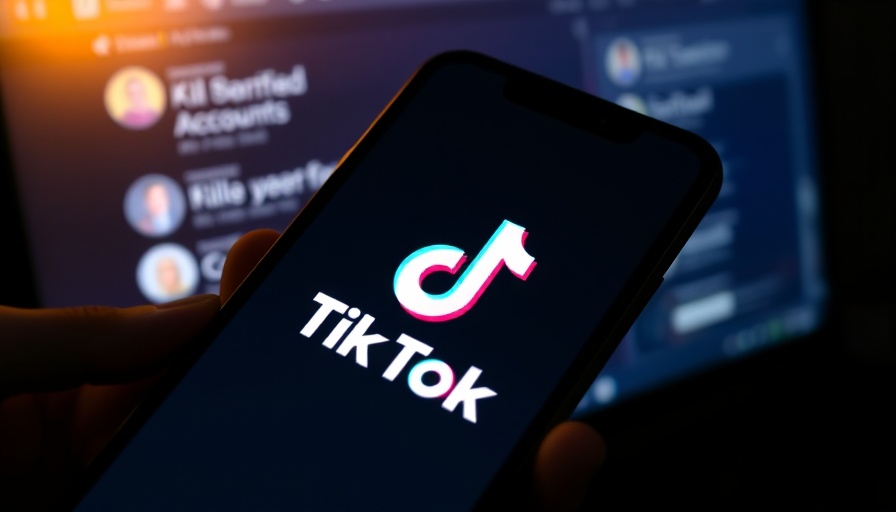
Trump's TikTok Dilemma: Will He Extend the Deadline?
In a somewhat unexpected turn, President Donald Trump has hinted at the possibility of extending the April 5 deadline for TikTok's sale, as the Chinese parent company ByteDance faces mounting pressure to divest from its operations in the U.S. The President stated during a recent press briefing, "I'd probably get an extension," emphasizing the strong interest in the app and making it clear that an immediate extension wasn't necessary since there's still time left on the clock.
The Executive Order and Its Context
Back in January, Trump signed an executive order that offered a 75-day hold on TikTok’s operations, allowing ByteDance until early April to secure a potential buyer or risk a ban. The bipartisan law mandating the sale arose from national security concerns, with numerous officials fearing that the app could be used by the Chinese government for espionage. Just days before this deadline was set, TikTok had experienced a brief outage, raising eyebrows about its fate in the U.S. market.
Legal Quandaries and National Security
While conversations surrounding TikTok’s future have been optimistic, questions linger about the President's legal ability to extend the deadline. According to sources, the current legislation allows Trump to extend it for a maximum of 90 days, contingent upon demonstrating that ByteDance is actively pursuing a sale. However, the app had previously denied any ties with the Chinese government, complicating the narrative. During the press briefing, Trump also noted that he might consider a joint venture where the U.S. government could take a 50 percent stake, a proposition that echoes earlier suggestions during his administration regarding state interest in private social media companies.
Reactions and Possible Outcomes
The possibility of an extension has garnered mixed reactions. Supporters of TikTok argue that it serves as a critical platform for creativity and connection among millions of users; the app has become synonymous with youth culture and digital trends. Detractors, however, remain focused on the national security implications and the perceived risks posed by a foreign-controlled app having access to U.S. user data.
A Broader Implication: The Future of Foreign Apps in the U.S.
Trump’s dealings with TikTok also resonate beyond this individual case, as they reflect a broader trend concerning foreign-owned applications in the U.S. market. The growing scrutiny over data privacy and national security has placed many companies under the microscope. Social media platforms like TikTok are not just apps; they are essential tools in shaping public opinion and can impact electoral outcomes, as seen in recent campaigns both in the U.S. and abroad.
Conclusion: What's Next for TikTok?
As the April 5 deadline approaches, all eyes will be on TikTok to see if a viable path for a sale emerges. While Trump indicates a willingness to offer more time, it remains to be seen whether ByteDance can convincingly present a solid sale plan that obviates the need for a ban. If nothing materializes, we may witness a pivotal moment in the landscape of social media in the United States.
In this charged atmosphere of information concern and international commerce, one thing is clear: the outcomes from this situation could redefine how foreign technology companies navigate their operations in America.
 Add Row
Add Row  Add
Add 




Write A Comment